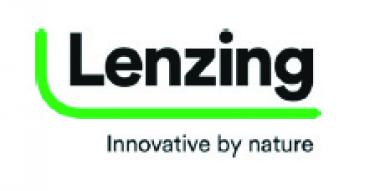Lenzing suspends 2020 guidance due to COVID-19 crisis
As a result of the global COVID-19 crisis, the Lenzing Group expects based on recent developments a negative impact on its textile sales volume. The potential impact cannot yet be reliably estimated, as it strongly depends on the duration of the crisis as well as its further effects on the global economy and textile markets. Consequently, Lenzing suspends its result forecast for 2020 as disclosed on March 12, 2020, when it expected the result for 2020 to be below the level of 2019. In order to mitigate a potentially stronger than expected decline in earnings, Lenzing has already started to implement cost saving measures across its sites globally.
Lenzing Aktiengesellschaft







